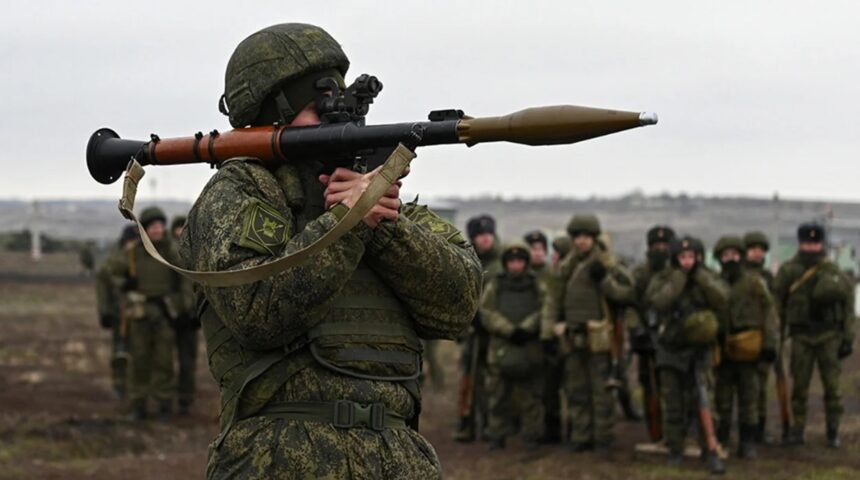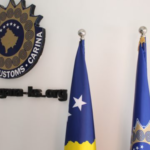As Moldova prepares for crucial parliamentary elections on September 28, concerns about Russian interference have intensified. Investigations by Moldovan and regional security services have uncovered a vast and coordinated effort by Kremlin-backed operatives to train militants in the Balkans for the purpose of inciting unrest and destabilizing Moldovan institutions.
According to Moldova’s Intelligence and Security Service (SIS), the Kremlin has been channeling support through pro-Russian oligarch Ilan Shor, who allegedly financed the travel of Moldovan citizens to Moscow. There, they received training in protest tactics, with a select group later undergoing more advanced preparation in Serbia and Bosnia and Herzegovina.
These Balkan-based trainings reportedly included modules on crowd psychology, explosives handling, drone operations, and guerrilla-style tactics. The trainings were allegedly conducted by instructors affiliated with Russia’s infamous Wagner Group and similar private military entities.
Security services in Serbia confirmed the discovery of a physical training camp near the village of Radenka. Meanwhile, in Republika Srpska—the Serb-dominated entity of Bosnia and Herzegovina—officials uncovered a theoretical training site focused on protest organization and logistics. Bosnian authorities subsequently arrested a Russian national, Aleksandr Bezrukovnyi, who was allegedly coordinating these training centers. He was detained under a warrant issued by Polish authorities through Interpol, having been previously sought for planning acts of sabotage in Poland.
The Moldovan government has taken legal steps in response. In April 2025, its Office for Organized Crime and Special Cases (PCCOCS) filed formal charges against three individuals—a man and two women—accused of undergoing such training. They were apprehended at the border in late 2024, in possession of drones, explosive dispersal devices, and bomb-making manuals.
One witness, Maksym Roshka, a Moldovan national who took part in the Balkan trainings, told prosecutors that participants were promised $300–$500 for ten days of involvement, with payments processed through cryptocurrency. He claimed he was recruited by Anatoliy Pryzenko, a Moldovan businessman previously linked to Russian covert operations in Western Europe.
Pryzenko gained notoriety after allegedly orchestrating the defacement of Jewish homes in Paris in late 2023 using Moldovan nationals. The European Union sanctioned him in December 2024 for his role in Russia’s foreign destabilization operations. He was arrested in Chișinău in February 2025 and now faces charges of conspiring to incite mass unrest.
Moldovan authorities, working with international partners, continue to investigate the full scope of the network. With growing evidence of a Kremlin-linked hybrid threat operating through the Balkans, Moldova stands as one of several frontlines in Russia’s ongoing campaign to disrupt European democracies.







